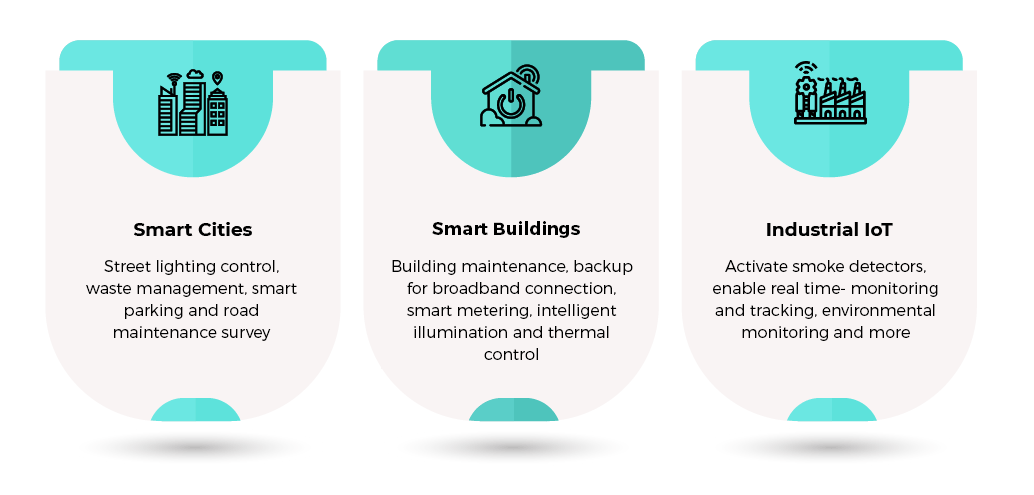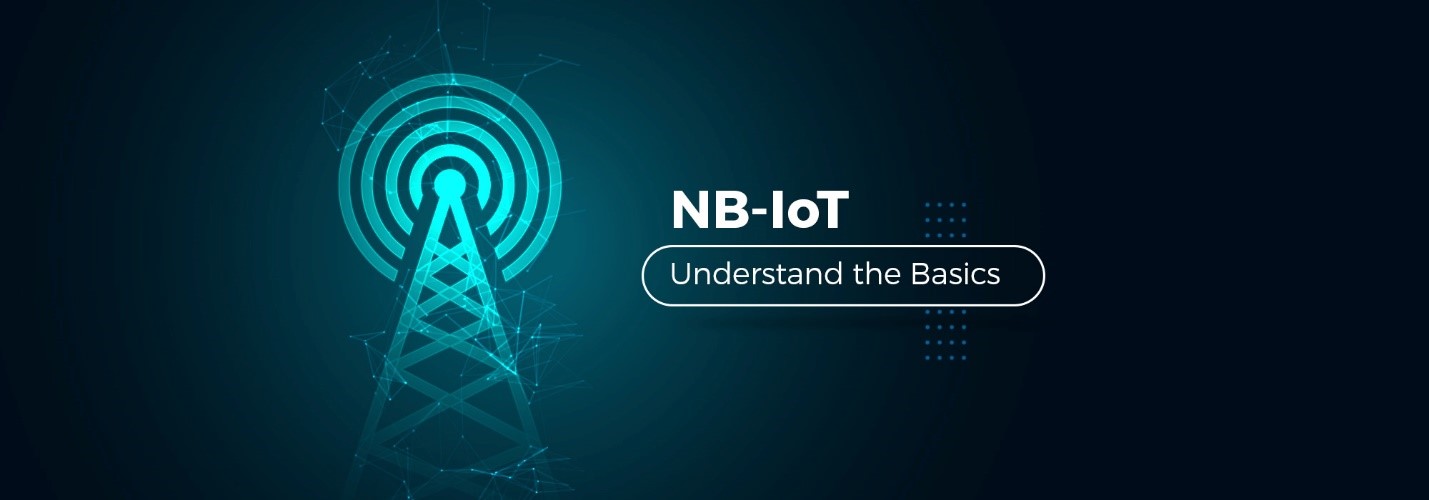Narrowband -Internet of Things (NB-IoT) is the next generation IoT. Is it so? Read on, to find out more!
IoT Communication technologies are making the world smarter and better. The boom of IoT is witnessed in all walks of life and this incredible growth demands better connectivity, improved communication capacity, flexible scheduling, and higher-order modulation. Is it possible? If yes, how? The answer is Narrow Band Internet over Things (NB-IoT)! It is capable to meet all these demands!
So, what is NB-IoT?
Narrowband IoT (NB‑IoT) or LTE Cat NB1, is the most advanced Low Power Wide Area (LPWA) wireless communication technology standardized by 3GPP cellular technology. It meets IoT’s requirement for LPWAN technologies (Low Power Wide Area Network).
Since its inception in 2016, it is emerging as the most prominent wireless technology that connects with a wide range of IoT devices including utilities, parking, industries and more. It has been categorized under 5G technology and is known for excellent indoor coverage, cost efficiency, low power consumption and more. Read here
Characteristic features of NB-IoT
- Simplified device complexities
- Seamless deployment and reduced costs
- Better reliability
- Industry-best battery life
- Long-range connectivity
- Wider deployment
- Optimized data usage
- Open standards
Simplified device complexities
NB-IoT uses the existing mobile networks to connect with a wide-range of devices. Besides, it utilizes a small portion of the available cellular spectrum to operate without any interference.
Seamless deployment and reduced costs
The protocol can be deployed in an existing cellular networking making the process faster, simple and cost-effective.
Better reliability
The whole system operates in regulated spectrum, licensed by reputed service providers. Therefore, it ensures reliability, more quality of service, and industrial-grade security.
Industry-best battery life
NB-IoT consumes minimal power for connectivity and to operate. Therefore, it offers battery life of more than 10 years, the industry’s best.
Long-range connectivity
It easily supports longer range capabilities of about 35 kilometers for uninterrupted network connectivity and functioning.
Wider deployment
The protocol, with lower bitrates and better link budgets, allow direct connectivity to the cloud without gateways. This supports wider deployments across varied applications to sufficiently meet requirements for Massive IoT.
Optimized data usage
NB-IoT requires least data transmission to get the job done with reduced IP header and is capable to transmit or receive non-IP data. In comparison to a traditional IP, it reduces data transmission by 30% to 40% percentage.
Open standards
This communication protocol is Based on open standards. Therefore, services are not vendor-locked or operator dependent.
Use cases of NB-IoT
NB-IoT is among the best technologies known for its indoor penetration capabilities. It uses a narrow bandwidth which increases density of transmission power making its indoor penetration one of the best in the industry. Therefore, its uses cases are vast.

Table 1: Characteristics of NB-IoT
Specification | NB-IoT Support |
Bandwidth | 180 KHz (3GPP Licensed) |
Data Rate | <250 Kbps |
Latency | 1.5 sec-10 sec |
Battery Lifetime | 10+ years |
Range | Upto 60 miles |
Strong coverage | Better penetration indoor* |
Massive Scale | Able to connect more than 100,000 devices in one deployment |
*NB-IoT connectivity has strong coverage in underground or deep within urban infrastructure
Conclusion
NB-IoT has proven successful in commercial deployments across a wide range of industries. However, like every new technology, NB-IoT needs to clear multi-stage qualifications before reaching maturity.
By hitting the submit button you authorize WiSilica to store and process your data in accordance with principles laid out in our privacy policy.






